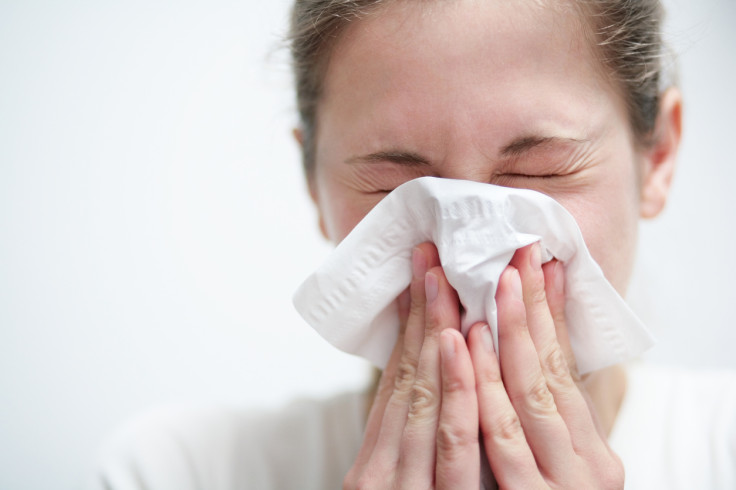Why vitamin D won't stop you catching a cold
Popping vitamin D pills won't prevent a stuffy nose and sore throat.

For most of us, catching a cold isn't life threatening but it is unpleasant. Having a stuffy nose, sore throat and aching limbs is enough to make anyone want to stay in bed all day, and unfortunately, developing a cold is more or less impossible to avoid.
Eating oranges, taking zinc and drinking echinacea tea are just some of the "preventative measures" tipped to stop you developing a common cold.
Researchers have now claimed that vitamin D supplements could prevent more than three million people in the UK getting colds or flu each year – but is this too good to be true?
The study, led by academics from Queen Mary University of London, states vitamin D can protect against acute respiratory infections. Researchers say the results are in keeping with the fact colds are common during the winter months, when levels of vitamin D are lowest.
The benefits of vitamin D have long been subject to debate. We know that it is good for our bones and muscles and links have been made between vitamin D levels and depression. But experts have suggested vitamin D won't have much of an impact on preventing colds.

Professor Louis Levy, head of nutrition science at Public Health England, said: "The evidence on vitamin D and infection is inconsistent and this study does not provide sufficient evidence to support recommending vitamin D for reducing the risk of respiratory tract infections."
A cold, the term for around 200 different viruses, is a mild viral infection of the nose, throat, sinuses and upper airways.
There is no cure for a cold. The most common virus, rhinovirus, has more than 100 different strains alone – so curing a cold would actually mean eradicating a huge number of respiratory viruses that all cause similar symptoms. Also, a cold only lasts for a maximum of a couple of weeks and the symptoms are relatively mild – if irritating – so the need to find a cure isn't a priority.
The only preventative measures that are proven to help stop you developing a cold are leading a healthy lifestyle – eat healthy, exercise and drink plenty of water – to keep your immune system in top condition.
Washing your hands and avoiding touching your hands and face (particularly the eyes and mouth) will also help prevent colds and flu, as the viruses are spread through tiny droplets which are launched into the air when we cough and sneeze, landing on objects we touch.
So what about vitamin C? Most of us have been told that eating oranges will help stave off colds and flu, but a 2013 study concluded that regularly ingesting vitamin C won't have an effect on "common cold incidence in the ordinary population". It may, however, help reduce the length of time you have symptoms of a cold.
As for zinc, studies have shown taking supplements may help reduce the severity of symptoms in healthy people – although the long-term use of zinc can cause sickness and leave a bad taste in the mouth. Unfortunately, nose sprays containing zinc have no more effect than a placebo.
© Copyright IBTimes 2025. All rights reserved.






















